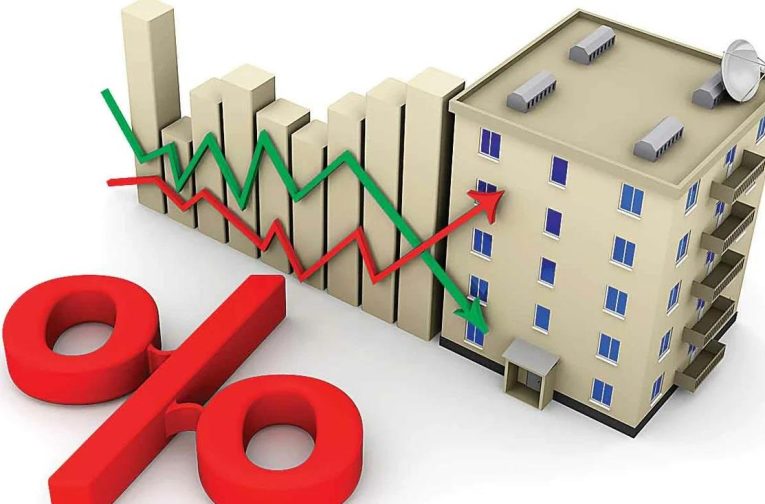In the world of commercial real estate, one of the most influential factors that can significantly impact the dynamics of the market is interest rates. Whether you are a seasoned investor or a budding entrepreneur looking to purchase a commercial property, understanding how interest rates affect buying decisions is crucial. In this article, we will explore the relationship between interest rates and commercial real estate investments, along with valuable insights to help you navigate this complex landscape.
Interest Rates and Commercial Real Estate: The Basics
Interest rates, often determined by the central banks and the broader economic environment, play a pivotal role in shaping the cost of borrowing money. When interest rates are low, borrowing costs decrease, making it more attractive for investors to finance commercial real estate acquisitions. Conversely, when interest rates rise, borrowing becomes costlier, potentially dampening the demand for commercial properties.
Impact on Affordability and Property Valuations
As interest rates decrease, the affordability of commercial real estate purchases improves. Lower borrowing costs translate into lower monthly mortgage payments, potentially enabling investors to take on larger loan amounts. Consequently, this increased affordability can drive up demand for commercial properties, leading to higher property valuations.
Conversely, when interest rates rise, affordability can decline, leading to reduced demand for commercial properties. As a result, property valuations may experience downward pressure, leading to more balanced or even buyer-favorable market conditions.
Capitalization Rates and Yield Compression
Capitalization rates (cap rates) are a crucial metric used to evaluate commercial real estate investments. They represent the relationship between a property’s net operating income (NOI) and its current market value. Generally, cap rates move inversely to property values. As interest rates decline, investors tend to accept lower cap rates, resulting in yield compression.
Lower cap rates may indicate increased competition for commercial properties and a willingness among investors to accept lower yields on their investments due to the lower returns offered by other traditional fixed-income assets. Conversely, when interest rates rise, investors may demand higher cap rates to compensate for the increased risk and lower relative returns of real estate compared to other investment options.
Impact on Commercial Real Estate Sectors
Different commercial real estate sectors can be affected differently by changes in interest rates. Some sectors, such as office space, are more sensitive to interest rate fluctuations due to their long-term lease structures and higher financing requirements. When interest rates are low, businesses may find it more feasible to expand, leading to increased demand for office spaces. Conversely, during periods of high interest rates, demand for office spaces may soften as businesses become more cautious about their expansion plans.
On the other hand, sectors like industrial and warehouse properties may be less sensitive to interest rate changes since they often involve shorter-term leases and may have lower capital intensity.
Timing the Market and Long-Term Perspective
Timing the market based solely on interest rate predictions can be challenging and risky. Interest rates are subject to a multitude of factors, including economic indicators, inflation rates, and geopolitical events. Instead of attempting to predict interest rate movements, commercial real estate investors should focus on adopting a long-term investment perspective.
By conducting thorough due diligence, analyzing the local market conditions, and carefully assessing the potential for rental income and property appreciation, investors can make informed decisions that withstand fluctuations in interest rates over time.
Conclusion
Interest rates have a profound impact on the commercial real estate market. As interest rates change, they affect borrowing costs, property valuations, and investment yields. Investors must stay informed, exercise prudence, and maintain a long-term perspective when navigating the commercial real estate landscape. By doing so, they can make well-informed decisions that align with their financial goals and mitigate the potential risks associated with interest rate fluctuations.







